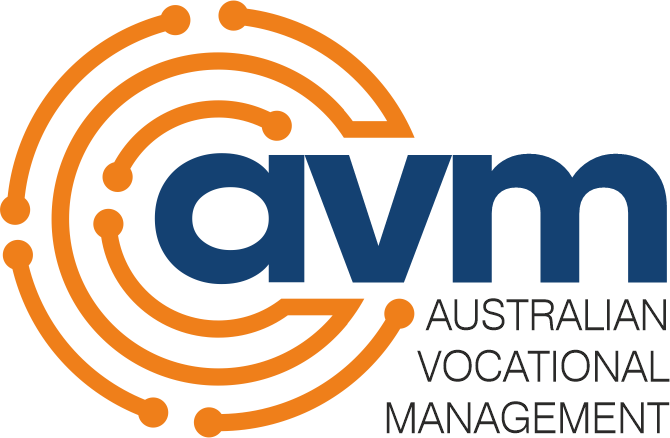Training

AVM Training
AVM Training, in partnership with Mustang Mania, offers job-ready Automotive Training programs in Sydney for international students.

Training is vital in every job as it enhances skills, ensures efficiency, and keeps employees updated on industry trends. It boosts confidence, improves performance, and contributes to personal and organizational growth.
Aged Care Upskilling Program: Upskilling in aged care equips staff with advanced skills in patient care, safety, and communication. It enhances service quality, and ensures better health outcomes for residents.
Hospitality Upskilling Program: Hospitality upskilling sharpens customer service, operational efficiency, and problem-solving skills. It empowers employees to handle challenges effectively, improving guest satisfaction and loyalty.
Automotive Upskilling Program: Automotive upskilling enhances technical expertise in diagnostics, repairs, and emerging technologies. It keeps staff updated on industry advancements, ensuring accurate service and customer trust.




















